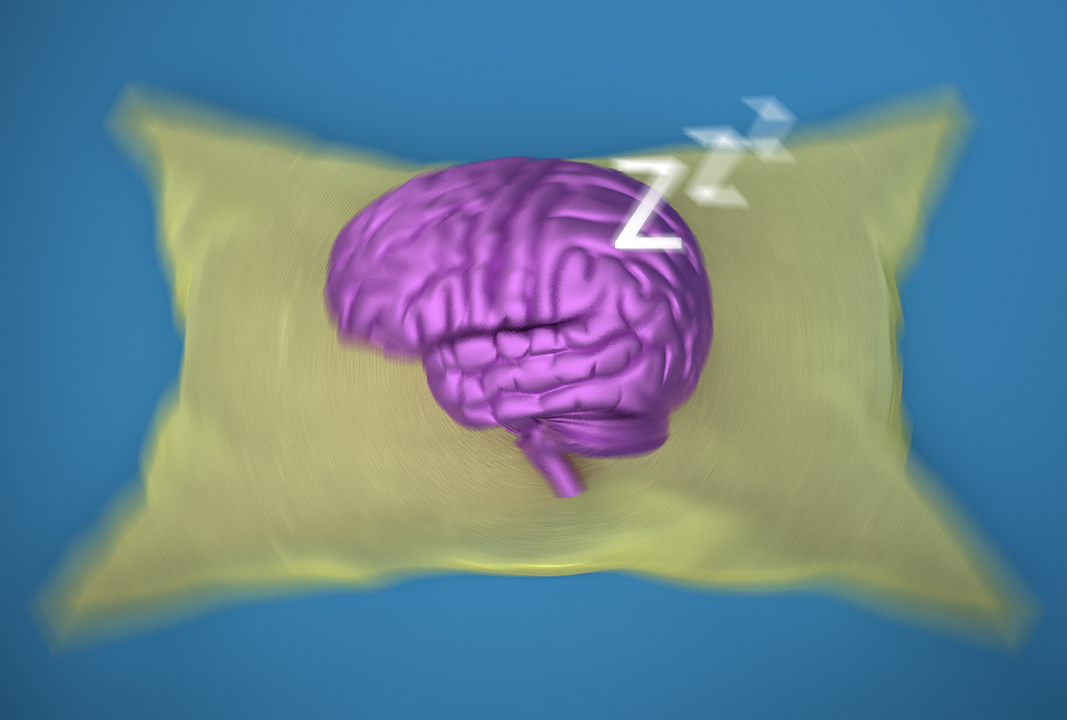When Should You Tell Someone You Have PTSD?

Receiving a mental health diagnosis can be a relief, and telling the people who matter most to you about your diagnosis can mark an important step in managing your own mental health. Unfortunately, when your partner, coworkers or family hear about your condition, it can change how you're treated, and not always for the better.
Understanding who to tell—and when—is important in managing your mental health and avoiding conflict.
Stigmas of mental health
It's become popular to talk about mental health conditions and praise anyone who makes their mental health a priority. But many people still fail to understand what mental health is and how it can impact daily life. For example, your employer wants you to be happy and healthy because it means you're more productive, but if you email your boss and tell them you need a mental health day, will they really understand?
Additionally, we would like to think we can be honest with our family, but they can be just as difficult to communicate with. Sure, they want us to be healthy, but if we admit we visit a counselor or therapist, they could unfairly judge what is quite frankly a normal response to a mental health issue.
Unfortunately, when your partner, coworkers or family hear about your condition, it can change how you're treated, and not always for the better.
Gina Schwarz, OTD, OTR/L, is a clinical assistant occupational therapy professor at the University of Kansas Medical Center, and advocacy and policy coordinator for the Mental Health Special Interest Section of the American Occupational Therapy Association. She advocates a plan of action when bringing up your PTSD with others.
"If it's important to share with this person, then it might be very helpful to involve another professional, like a counselor, in that discussion," Schwarz said.
However, she also added that not every person in your life needs to know about your diagnosis, especially if it comes as an undue burden to you.
"I used to feel like I had to explain my trauma to everyone as an explanation for my behavior, but I learned over time that this only hurt me, as oftentimes there wasn't a solidly built foundation for that conversation prior to my reveal," she continued.
You do not have to disclose your health
This same advice can apply to your professional life, too. Disclosing your condition to the wrong person could prematurely cut off an otherwise exemplary career. For instance, you might tell your boss you have PTSD and suddenly the next project goes to someone else because they're "better suited for the client."
The most important aspect of disclosing your mental health condition to your employer is considering whether or not disclosure is the right course of action. Not all mental health conditions need to be disclosed. If you're not seeking accommodation, then you might want to hold back. For example, if your PTSD does not actively prevent you from meeting deadlines and is not triggered by stress from the workplace, then you likely don't need to disclose it.
Conversely, according to the American Psychiatric Association, "People with PTSD may avoid situations or people that remind them of the traumatic event, and they may have strong negative reactions to something as ordinary as a loud noise or an accidental touch."
This can mean that, depending on your industry, you may need your employer to provide a quiet place for you to work or even offer extended deadlines.
Something else to consider is whether or not your industry has control over the situations that trigger your PTSD symptoms. For example, if you work in a fast-paced industry where a project has a quick turnaround or causes stress at a moment's notice, your employer may not be able to change your working environment to better suit your needs.
Disclosing your condition might reveal that a career change is inevitable. In these situations, it might be best to monitor your condition and see if your coping strategies can help to reduce your symptoms. Over time, you may find you can manage your symptoms without having to change careers.
Disclosure can make a difference
While there are laws protecting you in the workplace, there is nothing that can control an intimate or romantic partner's response to you revealing your PTSD diagnosis. Most likely, your partner will know you have sought treatment for your mental health, and so it's only natural that they will want to get an update with details to help them understand your condition.
In this situation, disclosing your condition can make a significant difference to your relationship. You should be prepared to educate your partner, especially to dispel any preconceived stigmas they may have about PTSD. This can be frustrating, but being prepared to talk about it can help to ensure that your partner becomes your biggest advocate. Though your partner will want to know more about your condition, the reality is that you can use this process to really learn about it for yourself.
According to the American Psychological Association, "Understanding that men and women, as well as individuals, process trauma differently" can make all the difference. Women may want to talk about it more, while men may shut down or express their feelings through exercise or activity. It's perfectly acceptable to take time to research your condition, learn about your triggers and formulate a plan for talking with your partner.
Of course, your partner will probably want to know how they can help, such as things they can do to make things easier, and, ultimately, how the condition could impact the relationship.
Having an open discussion about your triggers, treatment plan and coping strategies, and reducing your stress at home and work can help create a home life in which your partner becomes your ally as you work toward finding good spaces to live with your PTSD.




















